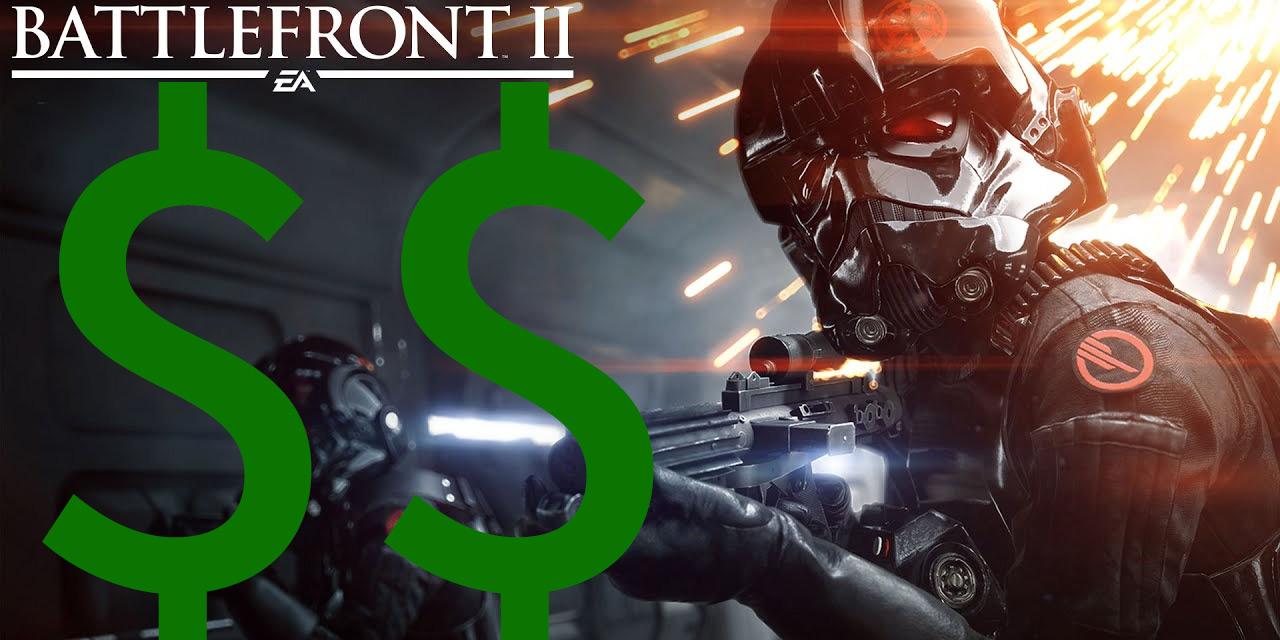
Belgium could be the vanguard in a counterattack against the ever-more-encroaching nature of loot box mechanics in gaming, as the small European nation's Gaming Commission has ruled that the randomized outcome of the paid-for reward schemes are gambling. Considering loot boxes are often contained in games without much of an age rating, that means that children could be susceptible, which is not on as far as its concerned.
Its response to these mechanics showing up in more games has been to call for the practice to be banned entirely in Europe. Although it will need to garner the support of many more commissions around the continent to achieve such an aim, it could be the start of a turning of the tide that destroys this toxic money making mechanic (as per PCGamesN).
All of this stems from the recent controversy surrounding Star Wars: Battlefront II. If you've been living under a rock as of late, you may have missed that it contains some of the most distasteful mechanics to encourage you to pay out. Not only does it lock progression behind tens of hours of gameplay, but has multiple in-game currencies, loot boxes that it encourages you to buy through shady practices and 'cards' that make it effectively a pay to win game in many respects.
Some of those aspects have been fixed and EA has since removed the microtransactions from the game (for now), but you have to imagine the executives are kicking themselves. They blew it. The loot chest industry was booming, worth billions a year and now EA may have broken the camel's back. The other developers must hate it right now too. If it had simply locked a tonne of cosmetic upgrades behind loot chests, then maybe this wouldn't have been a problem, but instead we're looking at a potential overturned industry in the near future.








